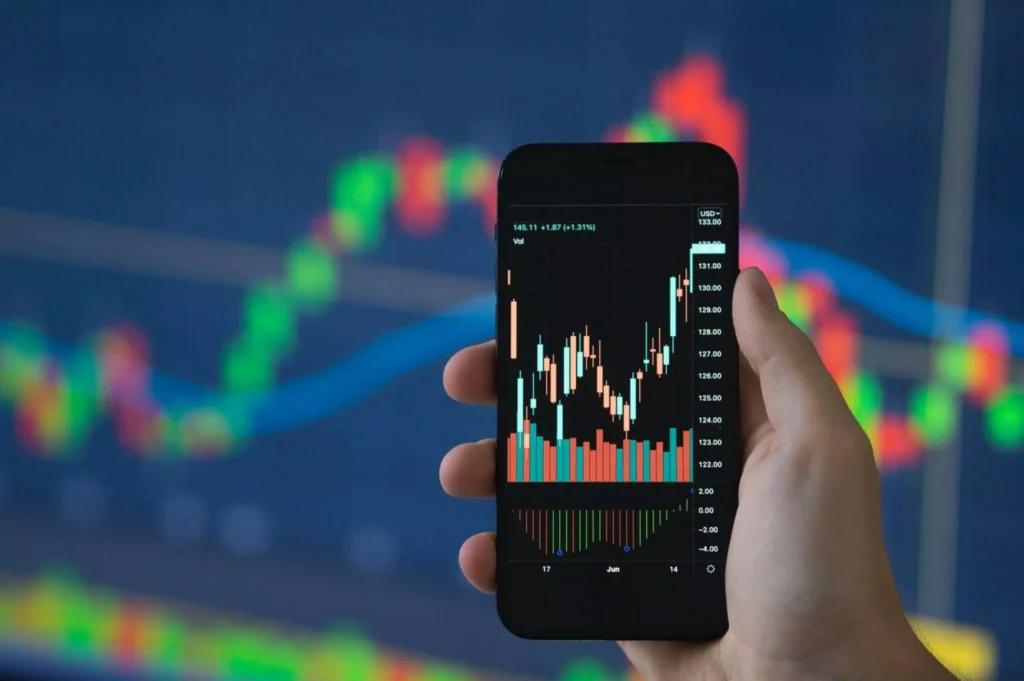
When it comes to investing in financial markets, there are various approaches to consider. Two popular options are Contract for Difference (CFD) trading and traditional shares trading. Understanding the differences and similarities between these methods can help you make informed investment choices. In this guide, we’ll explore the distinctions between CFD trading and shares trading, the significance of choosing the best shares trading app, the basics of CFD trading, and the importance of selecting the best CFD trading platform.
1. Ownership of Assets
In shares trading, investors buy actual shares of a company. This means you have ownership rights, including voting rights and the potential to receive dividends.
2. Long-Term Investment
Shares trading is typically seen as a long-term investment strategy. Investors often hold shares for extended periods, aiming to benefit from capital appreciation and dividends.
3. Traditional Brokerage
Shares trading is conducted through traditional brokerage accounts, where you directly purchase and own the underlying shares.
CFD Trading: A Different Perspective
1. No Ownership of Assets
In CFD trading, you do not own the underlying assets, whether they are shares, currencies, or commodities. Instead, you speculate on the price movements of these assets.
2. Short-Term and Leverage
CFD trading is often used for short-term speculation. Traders can take advantage of leverage, which allows them to control larger positions with a smaller capital outlay.
3. Brokers and Platforms
CFD trading is facilitated through brokers, and it’s crucial to select the best CFD trading platform to execute your trades effectively.
If you opt for shares trading, selecting the best shares trading app is essential:
User-Friendly Interface: Look for apps with an intuitive interface that makes it easy to research and trade shares.
Real-Time Data: Ensure the app provides real-time market data, news, and charts to help you make informed decisions.
Security: Security features like two-factor authentication and encryption are vital to protect your investment and personal information.
Understanding CFD Trading
1. What is CFD Trading?
A Contract for Difference (CFD) is a financial derivative that allows you to speculate on the price movements of various assets without owning them. You enter into a contract with a broker to exchange the difference in the asset’s price from the entry point to the exit point.
2. Leverage and Margin
CFD trading offers leverage, which means you can control a more extensive position than your initial investment. While this can amplify gains, it also increases the potential for losses.
3. Risk Management
Effective risk management is crucial in CFD trading. This includes setting stop-loss orders to limit potential losses and managing position sizes carefully.
Choosing the Best CFD Trading Platform
Selecting the best CFD trading platform is a vital step in your CFD trading journey:
Regulation: Ensure the platform is regulated by a reputable financial authority to protect your interests.
Asset Variety: Look for a platform that offers a wide range of CFDs, including shares, commodities, forex, and indices.
Risk Management Tools: The platform should provide risk management tools like stop-loss and take-profit orders.
Final Thoughts
Both CFD trading and shares trading offer unique opportunities for investors and traders. Shares trading provides ownership and long-term investment potential, while CFD trading allows for short-term speculation and leverage. Your choice between the two should align with your investment goals, risk tolerance, and trading preferences.
If you opt for shares trading, selecting the best shares trading app will enhance your experience. For CFD trading, choosing the best CFD trading platform is crucial to execute trades effectively and manage risk. Remember that regardless of your chosen method, a well-thought-out strategy, risk management, and ongoing education are key to successful trading and investing.



